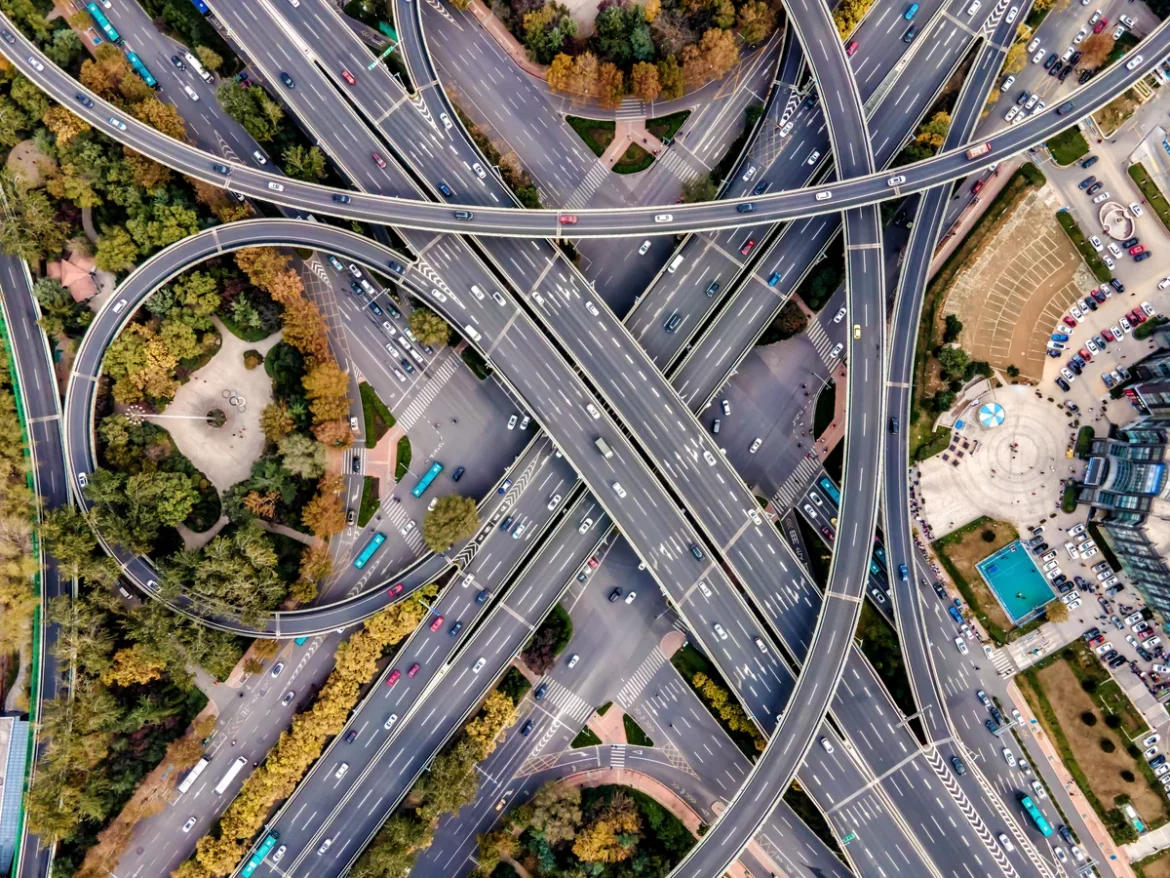A report has shown that the US is continuing to spend billions of dollars on expanding enormous highways rather than fund public transport, with a landmark infrastructure bill lauded by Joe Biden only further accelerating the dominance of cars at the expense, critics say, of communities and the climate.
Since the passage of the $1.2tn bipartisan infrastructure law in 2021, hailed by Biden as a generational effort to upgrade the US’s crumbling bridges, roads, ports and public transit, money has overwhelmingly poured into the maintenance and widening of roads rather than improving the threadbare network of bus, rail and cycling options available to Americans, a new analysis has found.
More than half – around $70bn- Of reported funds dispersed to states- is said to have been spent on the resurfacing and expansion of highways, a process that researchers have consistently found only spurs greater use of cars and therefore more congestion.
According to available data, just a fifth of the money has gone so far to public transit, with much of the remainder also facilitating more car driving, such as the refurbishment of bridges.
Read also: UN expert says European nations must end repression of peaceful climate protest
The new Transportation for America analysis, calculates that more than 178m tons of greenhouse gases will be emitted due to planned highway expansions by 2040, only slightly offset by emissions-reducing measures that also stem from the bill.
“We’re seeing investments that are not too conscious of the climate across the board from states,” said Corrigan Salerno, policy associate at Transportation for America, a transport policy group.
“Nothing is fundamentally changing in terms of modes of transport. This much money going into highway expansion is, for one, a liability into the future, and two, it just doesn’t work. We’ve been expanding highways for decades on decades, and everyone consistently finds themselves stuck in traffic.”
Funding from the federal government has been given to states with broad flexibility on how to use it and state authorities, by and large, have chosen to persist with car-centric infrastructure. The Biden administration’s department of transportation did advise states to prioritize road repair, rather than expansion, and to bear in mind communities, usually of color, that have been severed by highways and are subjected to the resulting air pollution.
However, this stance prompted a backlash from Republicans in Congress and been mostly overlooked by states such as Texas and even California, considered a progressive bastion of climate policy, that have pushed ahead plans to add more and more lanes to highways.
Story was adapted from the Guardian.
